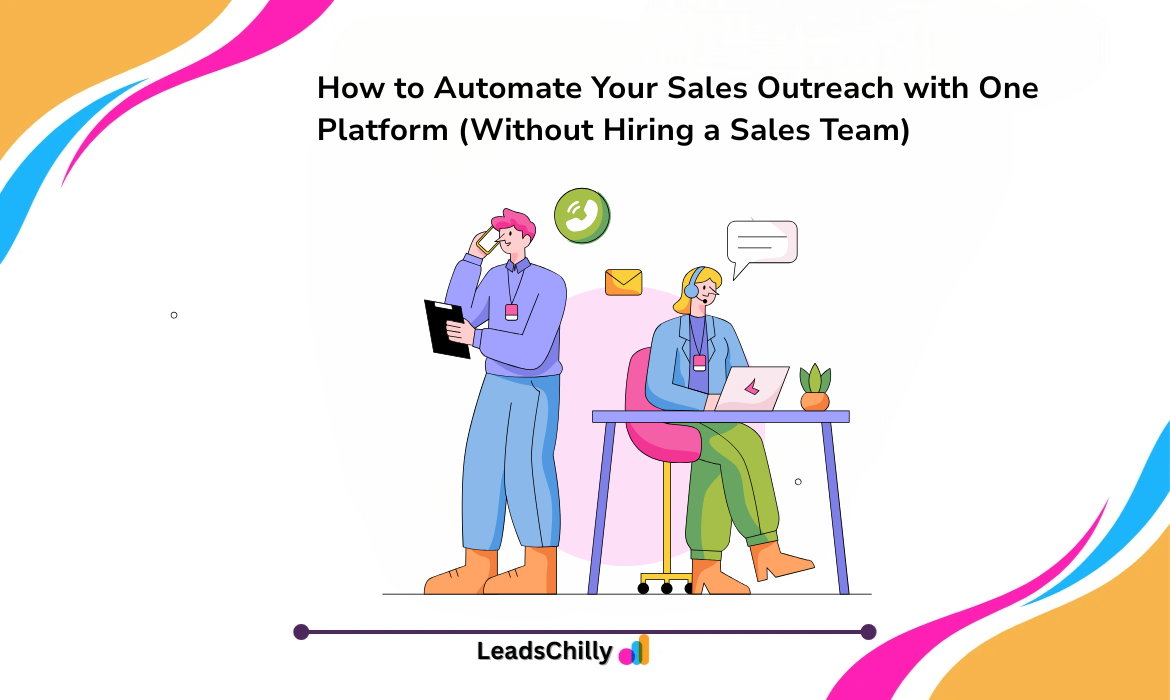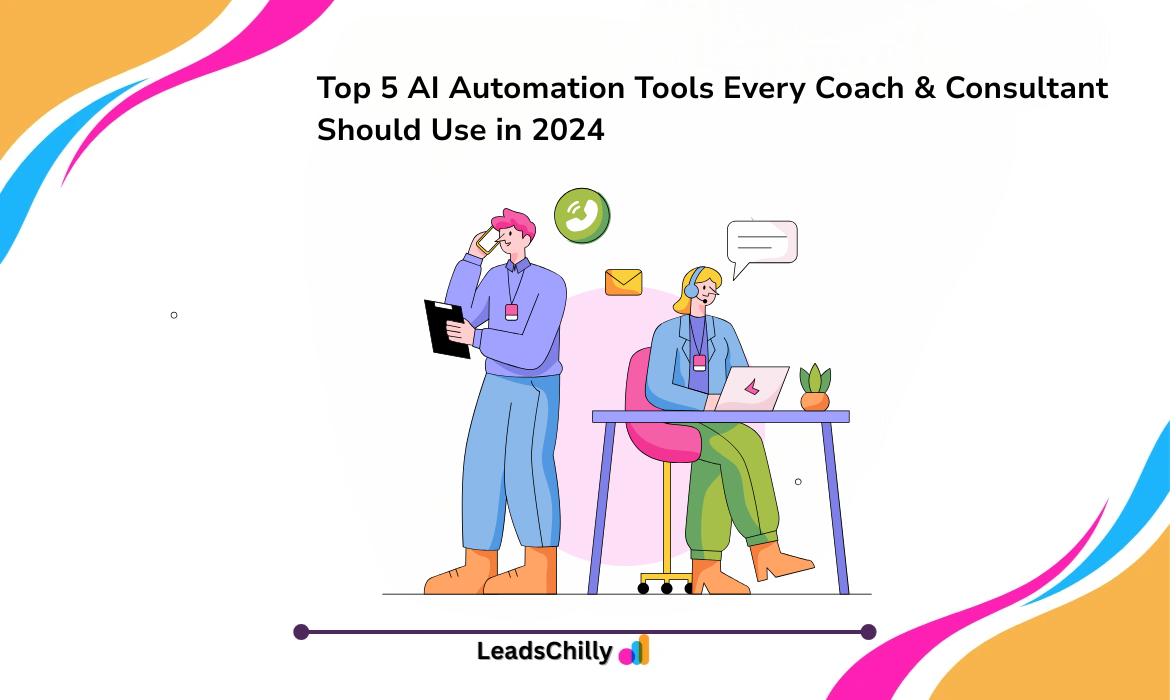In today’s fast-paced digital world, businesses need to stay ahead by utilizing the latest technologies. Marketing automation is one such technology that can transform your marketing efforts, making them more efficient and effective. In this article, we will explore the top benefits of marketing automation, how it works, and real-world examples of its success. By the end, you’ll understand why adopting marketing automation is essential for your business growth.
Marketing automation refers to the use of software and tools to automate repetitive marketing tasks, streamline workflows, and improve overall marketing efficiency. From lead generation to customer retention, marketing automation can significantly enhance your marketing strategies, saving time and resources while driving better results. This comprehensive guide will delve into the myriad advantages of marketing automation, its operational mechanics, and showcase case studies from industry leaders.
What is Marketing Automation?
Marketing automation involves using software and tools to automate marketing tasks and processes. At its core, it means utilizing technology to deliver personalized content to potential customers, aiding their journey through the sales funnel and ultimately leading to conversions. This process allows marketers to better understand and nurture their leads, creating a seamless and efficient marketing strategy. By automating these processes, businesses can enhance their marketing efforts and provide a better experience for their customers, fostering stronger relationships and driving growth.
Top Benefits of Marketing Automation
1. Efficiency
Marketing automation streamlines your marketing processes, reducing the need for manual tasks and allowing your team to focus on strategic projects. For example, instead of manually posting on social media every day, automation software can handle these tasks, freeing up your team’s time for more creative work. This increased efficiency not only boosts productivity but also enables your team to engage in higher-value activities that contribute to your business’s growth.
Key Benefits:
- Reduced manual tasks: Automation handles repetitive tasks, reducing the burden on your team.
- Increased productivity: More time is available for strategic planning and creative work.
- Enhanced creativity: Freed from mundane tasks, your team can focus on innovative marketing strategies.
2. Marketing and Sales Alignment
By using the same automation software, your marketing and sales teams can better align their efforts, ensuring that company goals are met more efficiently. This alignment can lead to a significant increase in sales productivity and a reduction in marketing overhead. When both teams are on the same page, the transition from marketing-qualified leads to sales-qualified leads becomes seamless, resulting in a more cohesive and effective approach to driving revenue.
Key Benefits:
- Improved communication: Teams can easily share information and strategies.
- Enhanced productivity: Joint efforts lead to better results.
- Streamlined processes: Aligning goals simplifies the sales funnel.
3. Increase Conversion Rates
Marketing automation tools help increase conversion rates by managing leads more effectively and retargeting website visitors who don’t convert. This allows your team to focus on analyzing and improving your marketing strategies. Automated follow-ups and personalized content can significantly boost your conversion rates by ensuring that leads are consistently engaged with relevant information.
Key Benefits:
- Better lead management: Automation tracks and nurtures leads efficiently.
- Increased conversion rates: Consistent engagement improves conversion chances.
- More effective retargeting: Automation targets visitors who haven’t converted, enhancing opportunities.
4. Accurate Reporting
Automation platforms simplify the process of generating reports, providing a high-level overview of your marketing efforts. This accurate reporting helps identify and address complications and friction points in your processes. With detailed analytics at your fingertips, you can make informed decisions to optimize your marketing strategies and improve overall performance.
Key Benefits:
- Simplified reporting: Automated tools generate comprehensive reports effortlessly.
- High-level overview: Get a clear picture of your marketing efforts.
- Timely identification of issues: Detect and resolve problems quickly.
5. Personalized Marketing Strategy
Marketing automation allows for the creation of more personalized content through segmentation capabilities and reporting. This helps target specific customer segments more effectively across various channels. By delivering tailored content, you can engage your audience more deeply, fostering stronger connections and driving higher conversion rates.
Key Benefits:
- Targeted content: Reach the right audience with the right message.
- Enhanced personalization: Customize interactions based on customer data.
- Improved customer engagement: Foster stronger relationships with tailored content.
6. Lead Scoring
Automation software can set up lead scoring, notifying your sales team when a lead becomes a sales-qualified lead. This real-time notification ensures that no time is wasted, and your sales team can reach out to prospects immediately. Lead scoring helps prioritize leads, allowing your sales team to focus on those most likely to convert.
Key Benefits:
- Real-time lead scoring: Immediate updates on lead status.
- Improved sales efficiency: Focus on high-priority leads.
- Better alignment between marketing and sales: Streamlined processes enhance collaboration.
7. Data Management
Marketing automation platforms keep track of leads and their engagement with your site, making data management easier and more accurate. This ensures that your customer data is always up-to-date, providing a solid foundation for your marketing efforts. Accurate data management is crucial for effective personalization and targeting, leading to better marketing outcomes.
Key Benefits:
- Organized data: Keep track of customer interactions effortlessly.
- Up-to-date customer information: Ensure data accuracy.
- Simplified data management: Automation handles data efficiently.
8. Scalable Processes
Automation helps create scalable processes that can grow with your company. Manual processes that depend on individuals are harder to scale as your team grows, but automated processes ensure smooth scaling. This scalability is essential for sustaining growth and maintaining high levels of efficiency as your business expands.
Key Benefits:
- Scalable marketing processes: Grow your strategies alongside your business.
- Future-proof strategies: Prepare for growth with scalable solutions.
- Consistent growth: Maintain efficiency as your team expands.
9. Lead Nurturing
Marketing automation makes lead nurturing possible through drip email campaigns and other automated follow-up strategies. This consistent engagement helps convert leads into sales prospects by keeping them engaged with relevant content throughout their journey. Effective lead nurturing ensures that leads remain interested and are more likely to convert into paying customers.
Key Benefits:
- Effective lead nurturing: Keep leads engaged with relevant content.
- Consistent engagement: Maintain regular contact with prospects.
- Higher conversion rates: Nurtured leads are more likely to convert.
How Marketing Automation Works
Drip Email Campaigns
Drip email campaigns are a key component of marketing automation. These automated emails are sent to potential customers on a regular basis, nurturing them through the sales funnel without the need for manual intervention. Drip campaigns ensure that your leads receive the right information at the right time, guiding them towards conversion.
Example:
- Introductory email: Welcome new subscribers and provide initial information about your business.
- Follow-up emails: Send relevant content based on the lead’s behaviour and interests.
- Final thank-you email: Express gratitude and provide contact information for further engagement.
Personalized Content
Automation tools allow for personalized content delivery based on demographic and firmographic data. This increases the likelihood of conversion by providing visitors with the information they need. Personalized content ensures that your marketing efforts are relevant and engaging, leading to better customer experiences.
Example:
- Custom landing pages: Tailor landing pages to different audience segments.
- Personalized product recommendations: Suggest products based on user behaviour.
- Targeted special offers: Provide exclusive deals to specific customer groups.
Lead Attribution
Lead attribution helps deliver ads and content based on where your leads are coming from. This ensures that each segment of your audience receives the most relevant information. Understanding the source of your leads allows you to tailor your marketing strategies to different segments, improving overall effectiveness.
Example:
- Ads promoting brand awareness for referral leads: Target new visitors with introductory content.
- Specific product content for direct traffic leads: Provide detailed information for leads already familiar with your brand.
Conclusion
Marketing automation offers numerous benefits, from increased efficiency to higher conversion rates. By adopting marketing automation, businesses can streamline their processes, improve their marketing strategies, and ultimately drive better results. Ready to supercharge your marketing? Contact LeadsChilly today to learn more about our AI-powered solutions and start your journey to success!
Ready to Supercharge Your Marketing?
Discover the power of marketing automation with LeadsChilly! Our all-in-one platform helps you capture, nurture, and convert leads more efficiently than ever. Don’t let manual tasks slow you down. Supercharge your business today and watch your customer base grow. Contact us now to learn more about our AI-powered solutions and start your journey to success with LeadsChilly!
Note: Explore our latest blogs for in-depth insights on related topics: What is SMMA Marketing, GoHighLevel vs Leadschilly, how to send a cold email, campaign utm builder, what is clia, opd in hospital, effective communication in healthcare, healthcare apps, healthcare saas, what is himss
Frequently Asked Questions
Q1. What is marketing automation?
Ans: Marketing automation involves using software to automate repetitive marketing tasks, streamline workflows, and improve overall marketing efficiency. It helps deliver personalized content and manage leads effectively.
Q2. How does marketing automation increase efficiency?
Ans: By automating repetitive tasks, marketing teams can focus on more strategic projects, increasing productivity and reducing manual labour. Automation handles tasks like social media posting, email campaigns, and data management.
Q3. What are drip email campaigns?
Ans: Drip email campaigns are automated emails sent to potential customers at regular intervals, nurturing them through the sales funnel. These campaigns provide relevant information based on the lead’s behaviour and interests.
Q4. How does personalized content benefit marketing efforts?
Ans: Personalized content increases the likelihood of conversion by providing relevant information tailored to the visitor’s needs. It enhances customer engagement and fosters stronger relationships with your audience.
Q5. What is lead scoring in marketing automation?
Ans: Lead scoring is the process of assigning scores to leads based on their interactions with your brand. It helps prioritize leads, allowing sales teams to focus on those most likely to convert into customers.



Comments are closed.